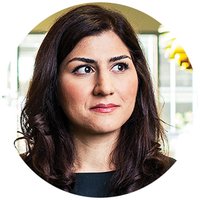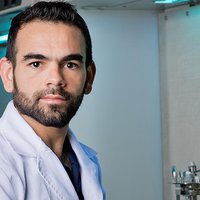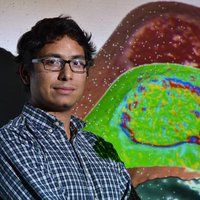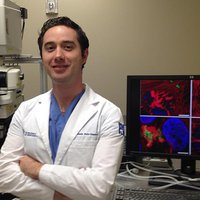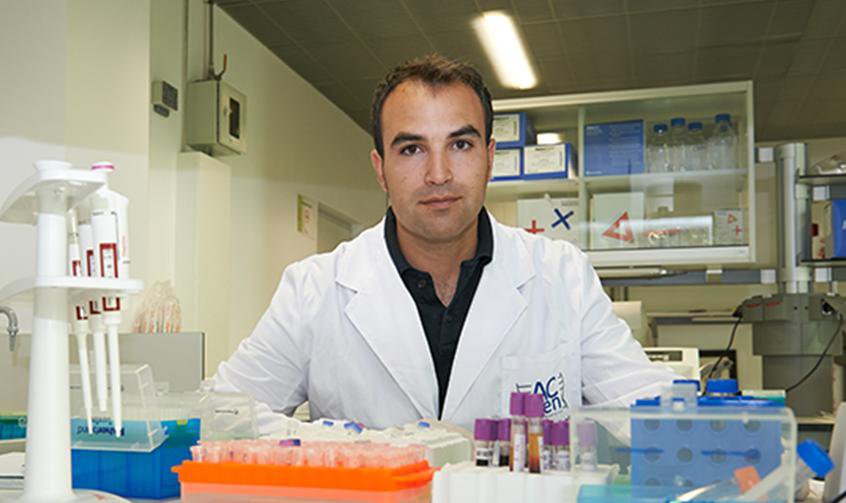"The roots of a significant part of all detected cancers lie deeply into the history of one's family. That is to say, into the genetic code that is transferred from parents to their child, and so on across generations. Certain genes may contain ''errors'', variations in the structure of the nucleotides, the organic molecules build DNA and RNA. When these variations occur in specific genes, they may lead to more serious consequences, for example the development of a cancer in vital organs such as liver, breast, colon or ovaries.
Alberto Acedo is a young researcher and co-founder of Gen Reading Life, a new diagnostic genetic centre in Valladolid, ''A sound entrepreneurial project based on outstanding scientific research'', says Hector Ara, President of Suanfarma Biotech and member of the MIT Awards Innovators Under 35, Spain. Acedo spent years researching on hereditary breast and ovarian cancer. The challenge when dealing with DNA is that the information is there, but it is extremely difficult to dig it out.
His motivation to find a more effective method to look into the DNA of patients led to developing a new technique for DNA sequencing, specifically targeting the 37 genes which are considered to be related to the occurrence of hereditary cancer – representing about 5% of the total number of cancer detected. By looking at these only, the probabilities to find a mutated gene responsible for a cancer are increased. In the case of breast cancer, for instance, two specific genes (called BRCA1 and BRCA2) alone are responsible for 20% of cases. 24 other genes as well as 89 individual SNP (Single Nucleotide Polymorphisms) over the entire DNA, are also analysed.
The test works as a kind of very quick comparison between the genes under scrutiny, and a reference gene of the same kind, which is considered to be ''normal'', that is, without alterations. In practice, the DNA is extracted from the patient's saliva or blood, the interesting fragments are isolated and ''marked'' at their extremes to be able to detect them easily, and a specific machine with dedicated software performs the analysis. Once variants are identified, they need to be compared with a database of all possible variants which have been detected so far, to understand what impact they may have. Compared to the time to sequence the entire genoma of an individual, which is currently over 6 months, this test requires about 3 weeks, to which counter-tests to confirm the results and diagnosis need to be added. ''We guarantee results out in two months'' confirms Acedo. The test can be run only upon the advice of an oncologist who is responsible to analyse the specific history of the patients and their families, and therefore indicate which genes are most important to look at through Acedo's test. Additionally, this test is relatively inexpensive, ''about 1,000 euros'' confirms Acedo. Making hereditary cancer prevention more widely accessible to the society is the first step towards a reduction of cancer-related deaths in the world."
